Today is World Mental Health Day, created by the World Health Organization (WHO) to bring the international community together to focus this important public health issue. This year, the focus is suicide prevention: Working together to prevent suicide: A day for “40 seconds” of action. The campaign focuses on individuals and communities coming together to promote suicide prevention.
What do we know about suicide?
- Suicides are preventable
- Someone dies by suicide every 40 seconds
- An important risk factor for suicide is a previous attempt
- Suicide is the second leading cause of death among 15-29 year-olds
- Suicide affects people of all age groups, of all cultures, in all countries
Internationally, suicide is on the rise. In the U.S., suicide is the 10th leading cause of death among adults. As the eighth leading cause of death in Native American adults, suicide disproportionately affects this population. These suicide rates, strikingly high when compared to the overall U.S. population, are rising. Recent CDC data indicates that between 1999 and 2017, suicide rates increased 139 percent among Native American women and 71 percent among Native American men. The overall rate of suicide death for Native American individuals is 21.5 per 100,000, more than 3.5 times higher than those among racial/ethnic groups with the lowest rates.
Culturally specific resilience is the one factor that public health researchers have identified as key to preventing suicide in Native American populations. Native American resilience is understood as the “distinct worldviews, beliefs, values, and practices” unique to the Native American population that “support individual, community resistance and positive transformation.” Cultural practices, including dancing, fishing, hunting, and picking berries were described as ways to build resilience; these practices develop relationships and provide opportunities for family morals to be passed from generation to generation. However, some community members report opportunities to engage in these key resilience building activities are declining. In response, the CDC has identified promotion of community connectedness as a tenet of suicide prevention in Native American communities.
It is essential that we have identified resilience as a key factor in preventing suicide and as a strategy to promote community connectedness, however more research is needed to adequately address this crisis. Teresa Brockie, PhD, RN, FAAN, and faculty at Johns Hopkins School of Nursing, is working to meet this research need through a series of projects based on reservations in Montana.
In partnership with target communities, Dr. Brockie has developed an intervention which aims to decrease suicide in adolescents by intervening early in life with caregivers of children between three and five years of age. Informed by the community, the intervention, “Little Holy One” (named in reference to the sacredness of children), seeks to break the cycle of stress and violence experienced by many people who live on reservations. In effort to reduce adverse childhood experiences (which increase the risk of suicide) caregivers will be taught how to manage their own stress, along with positive parenting practices and cultural practices intended to increase connection with the community.
To more immediately target the current high rates of suicide, Dr. Brockie is also working to adapt a suicide surveillance system, which will increase reporting and case management for those who are experiencing suicidal ideation or who have attempted suicide. This is the beginning of a line of intervention research which acknowledges the risks and challenges faced by Native American communities, but focuses on the resilience of these communities.
Perhaps your “40 seconds of action” on this World Mental Health Day was reading this blog post. If you can, go further, build your awareness of suicide significance and prevention, reduce the stigma, and build resilience.
Read more:
- Understanding Disparities Among Native Americans 1st Step Toward Health Equity
- Center for American Indian Health expands to Upper Midwest
- Center for American Indian Health
ABOUT THE AUTHOR: CORY MARTIN
Cory Martin is an MSN (Entry Into Nursing) student from Fresno, CA. She earned degrees in Vocal Performance from Indiana University, Jacobs School of Music and Biology at Metropolitan University of Denver. She has performed professionally in opera and musical theater, worked in the fine jewelry industry and worked most recently as an autopsy assistant. Cory is a Research Assistant with Dr. Teresa Brockie, Native American and JHU SON Assistant Professor. After graduation, Cory plans to work in psychiatric acute care and emergency where she can actively devote her time to suicide prevention.
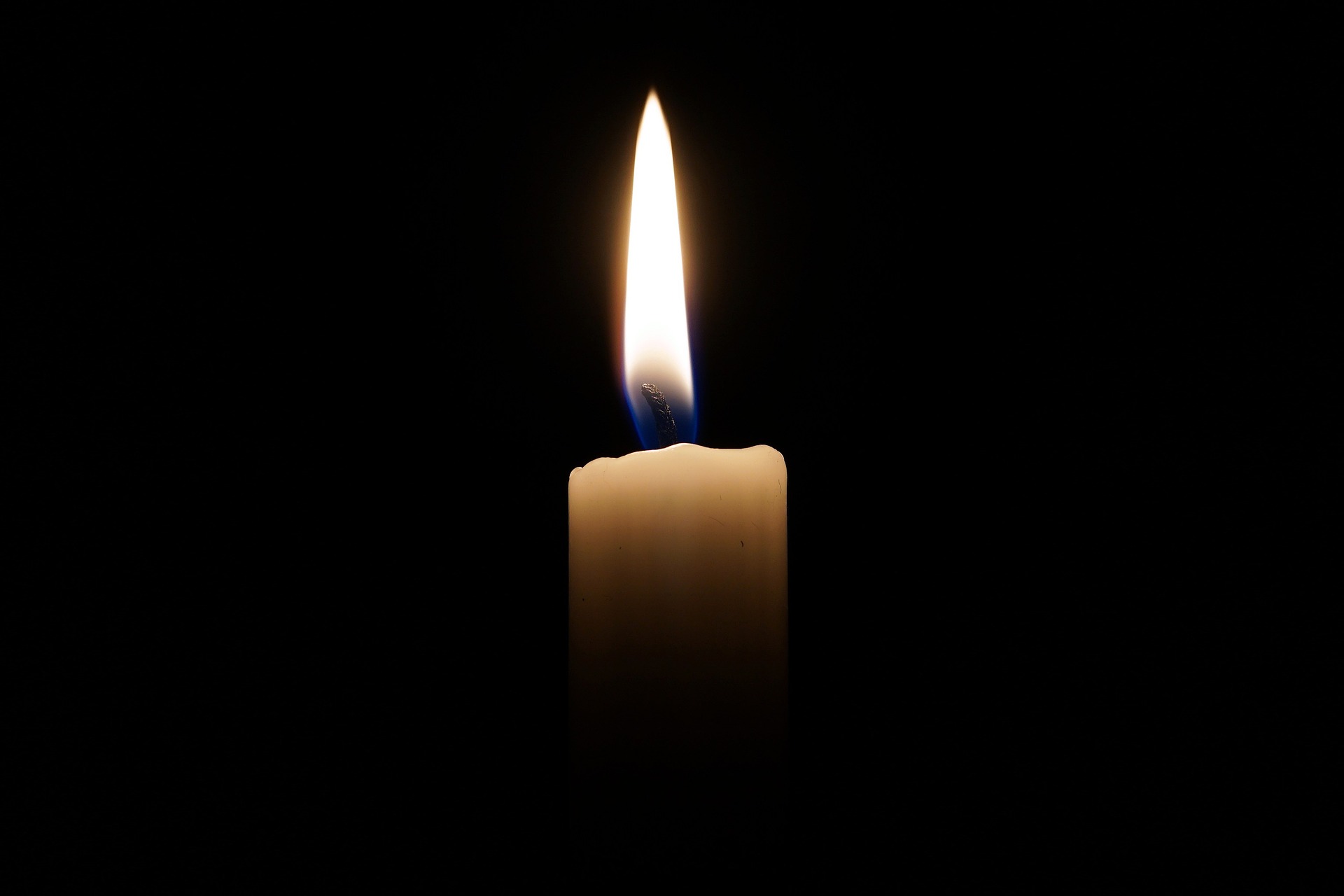
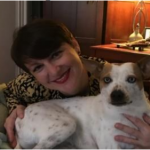
 The Returned Peace Corps Volunteer to Nurse Pipeline
The Returned Peace Corps Volunteer to Nurse Pipeline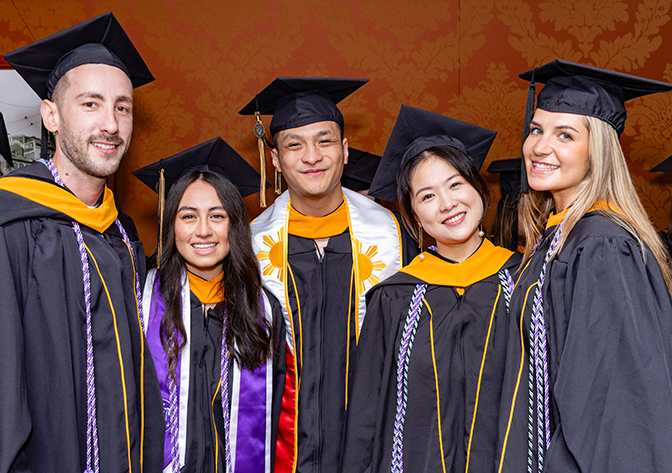 Awards for Diversity
Awards for Diversity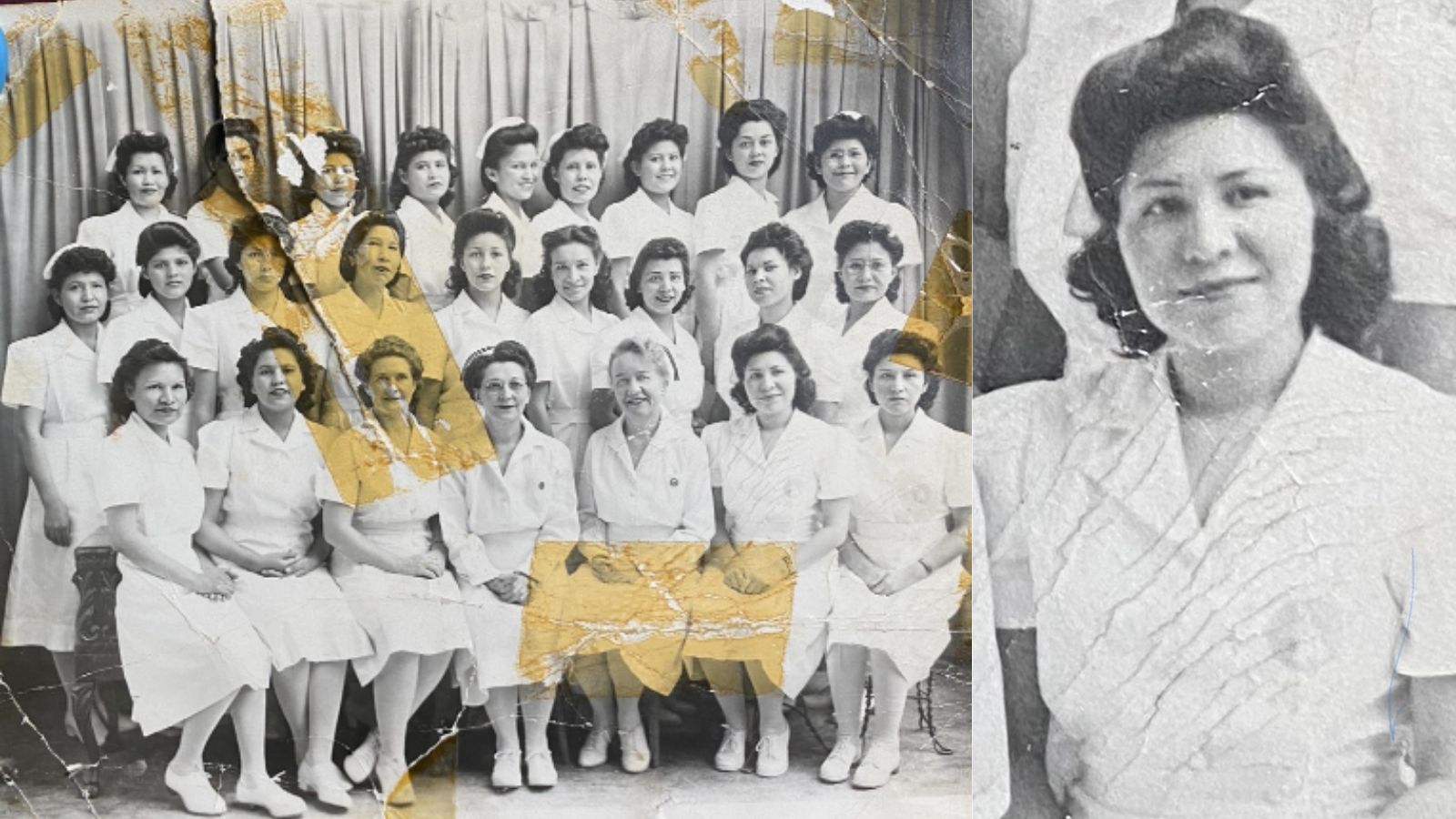 Louise Three Stars Smith Turns 100, and Offers a Legacy of Healing for Native Nurses
Louise Three Stars Smith Turns 100, and Offers a Legacy of Healing for Native Nurses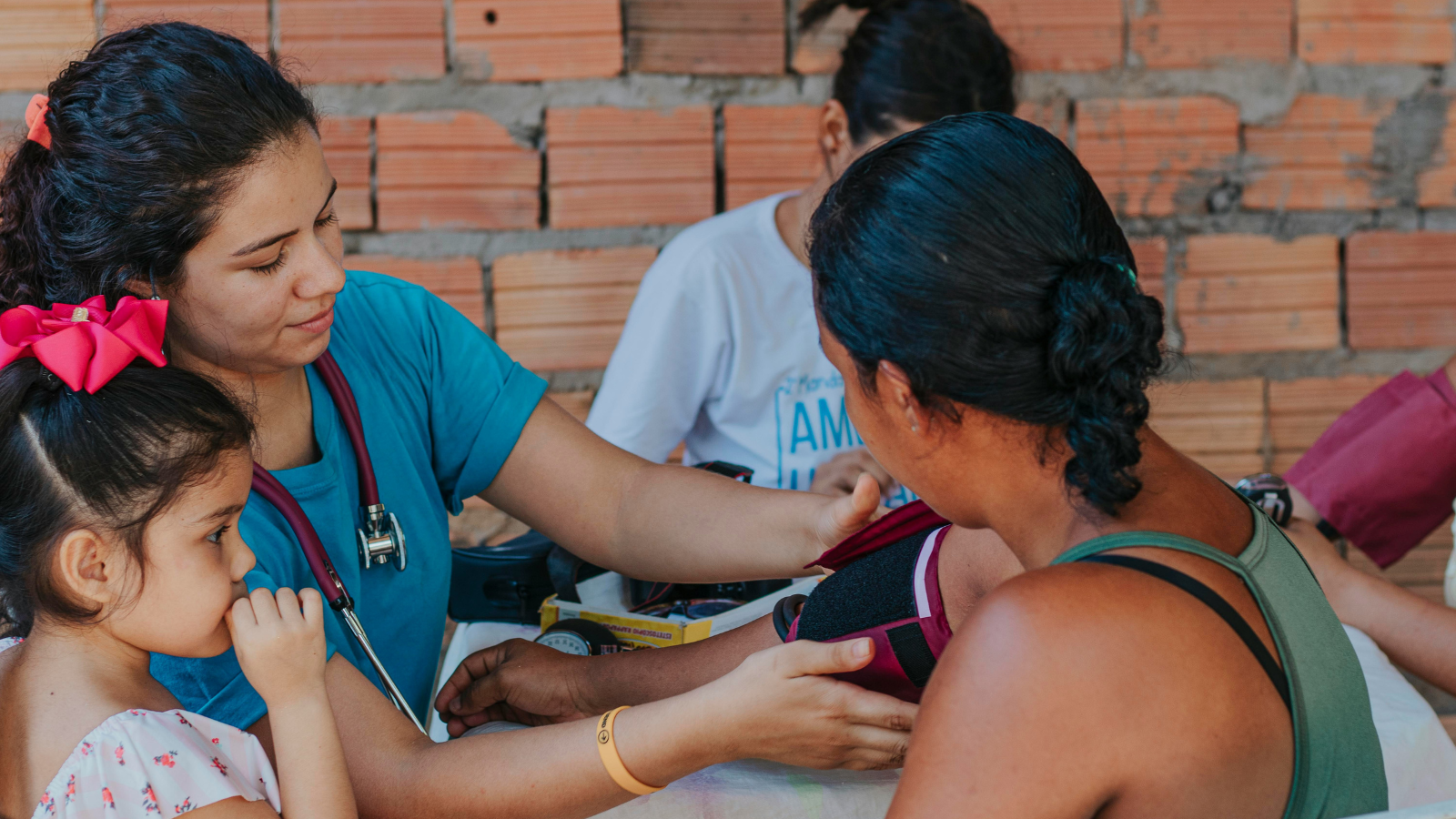 What Works: Community-Led Research Promotes Evidence-Based Strategies to Improve Indigenous Health by Championing Indigenous Nursing Practice
What Works: Community-Led Research Promotes Evidence-Based Strategies to Improve Indigenous Health by Championing Indigenous Nursing Practice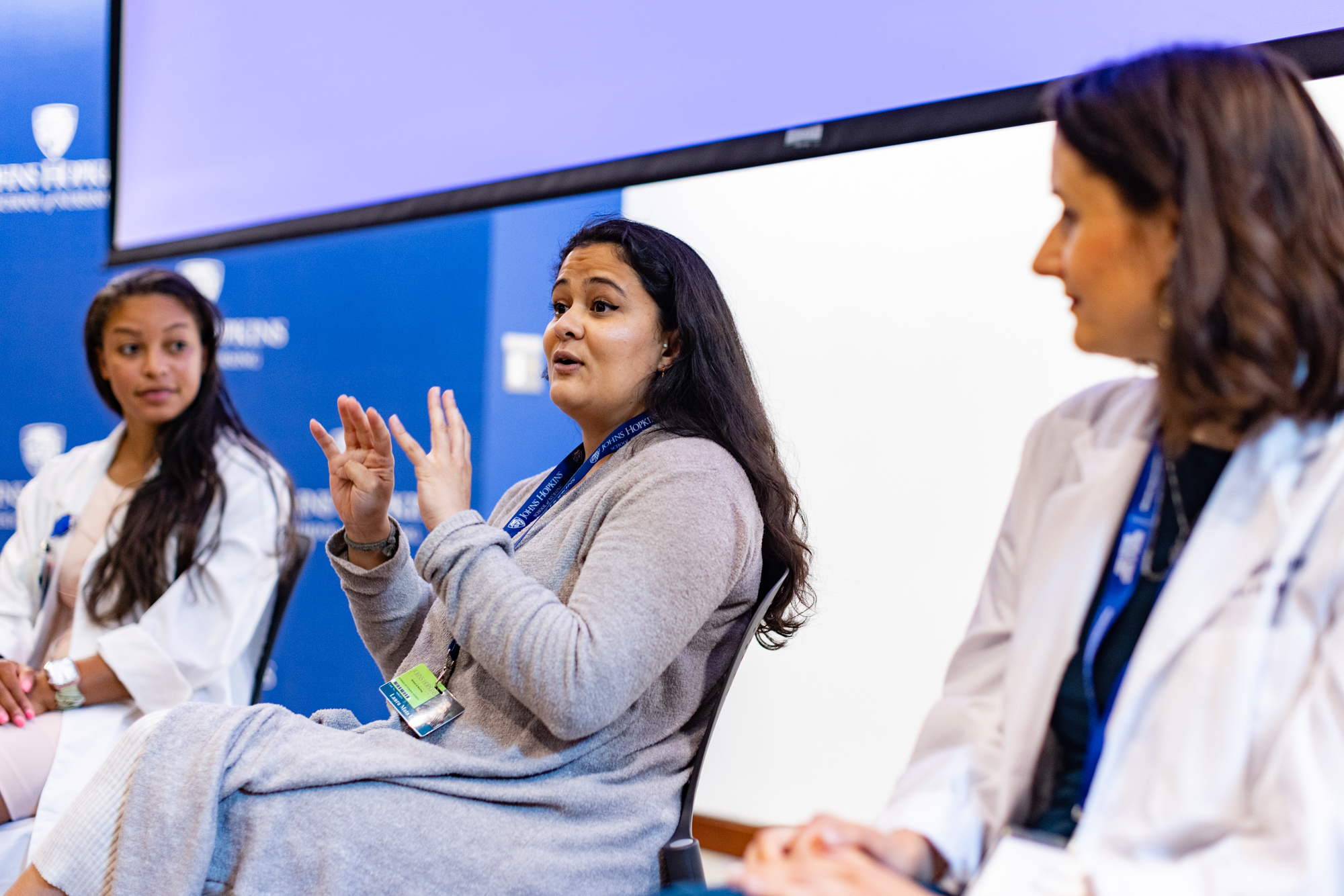 A Shared Resilience
A Shared Resilience







